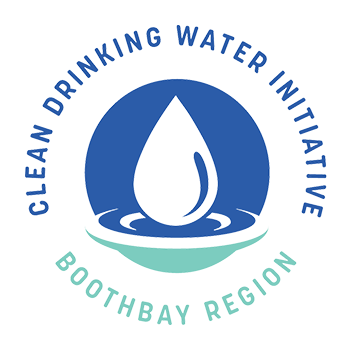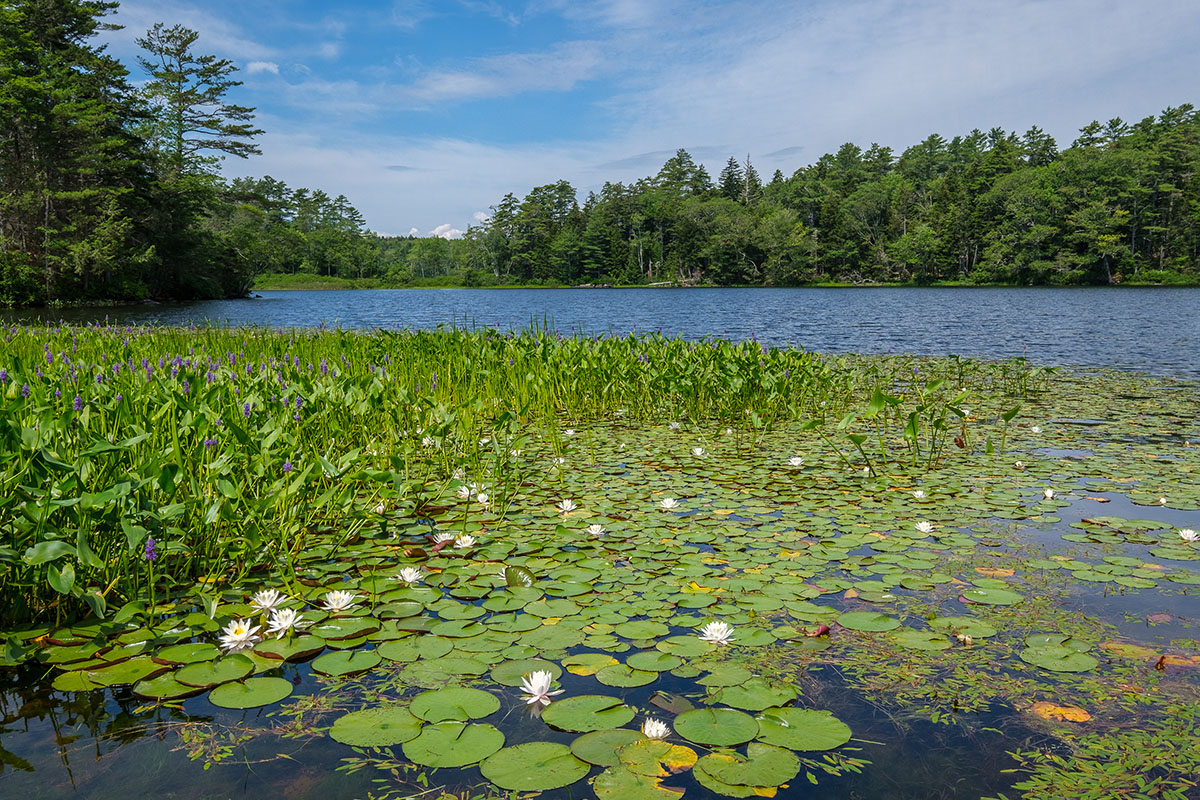When: April 8, 2025 from 5:30 pm – 6:30 pm
Where: Coastal Maine Botanical Garden’s Bosarge Family Education Center
John Maclaine of the Maine Department of Environmental Protection will share insights into nature-based solutions that can improve shorelines and protect against erosion.
Over the last few years, the Maine Department of Environmental Protection and Maine Climate and Science Information Exchange at the University of Maine have been partnering with natural resource agency staff, university faculty, municipal officials, and design professionals to develop “O.U.R. S.H.O.R.E.” OUR SHORE is intended to provide guidance and training for using nature-based tools to protect against shoreline erosion, while preserving and restoring natural functions to these important areas. OUR SHORE is a method of comparing options for shoreline stabilization so landowners, contractors, designers, and others can customize solutions for shoreline erosion in a manner that preserves or improves shoreline habitat, functions, and long-term resilience.
The OUR SHORE approach relies on targeting the contributing sources of erosion and instability to select and combine tools that will address these causes using the least intervention necessary while using natural, biodegradable or living materials. The guidance provides techniques and considerations to include habitat and shoreline functions into the design of any project, even when riprap is used, so the outcome over time is a naturalized and more resilient shoreline.
John Maclaine coordinates Maine DEP’s Nonpoint Source Training Center and the Municipal Stream Crossing Grants Program. For over 20 years, John has used his background in wildlife ecology and construction to advise various Maine nonprofit organizations and state agencies on land use guidance, technical assistance, project planning, support, and design from a water-quality and habitat-improvement perspective. His work with the Center focuses on providing training, technical assistance, and other resources to reduce the amount of non-point source pollution that could impact the quality of Maine’s water.
This lecture is the second in a three part series, From Forests to Faucets, brought to you by the Boothbay Region Clean Drinking Water Initiative. This series is free to the public. Participants do not need to attend all sessions (each session stands alone and participants can attend as many or few as they choose). Light refreshments will be served. For more information, please contact Bailey Charron at cleandrinkingwater@bbrlt.org

